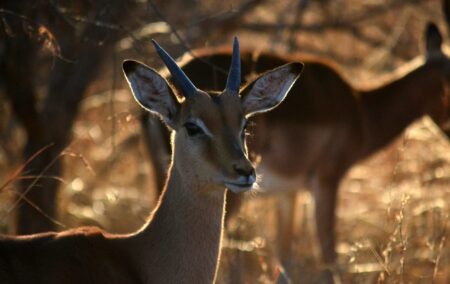Reduced conservation funding, depleted management capacity and the collapse of community-based natural resource management enterprises due to the Covid-19 pandemic are threatening wildlife and biodiversity conservation on the continent.
According to a recent paper published in Nature, lockdown restrictions and economic turmoil could greatly reduce African economies, particularly in sectors of conservation, with wildlife-based tourism dropping dramatically and a decline in foreign investment and aid. GDP contractions and reduced tax-revenues across the continent may result in severe budget deficits with negative knock-on effects on livelihoods, the authors suggest.
Wildlife-based tourism in Africa generates over US$29 billion annually and employs 3.6 million people. During the global financial crisis in 2008, conservation endowments declined by 40%. With a similar trend expected due to the Covid-19 pandemic, conservationists also expect that the pandemic could sway funders more towards humanitarian causes rather than conservation, despite the conservation sector’s being vital to African livelihoods and economies.
Not only are livelihoods at risk, but wild lands and conservation areas are too. During times of economic stress, local people rely more heavily on the natural resources these areas provide, such as wildlife, grass, water, firewood and non-timber forest products.
Conservation in Africa prior to the pandemic faced wide-ranging socio-environmental challenges arising from poor governance, illegal wildlife trade and poverty to poaching and habitat degradation and fragmentation. With further funding constraints, these factors are likely to be amplified with catastrophic effects.
The authors say emergency funding and tax breaks in the short term, and diversifying economies, greater public and political will, and protecting ecosystem services in the long term, will be vital in mitigating the devastating impacts of the pandemic.
[Picture: Simon Greenwood on Unsplash]

